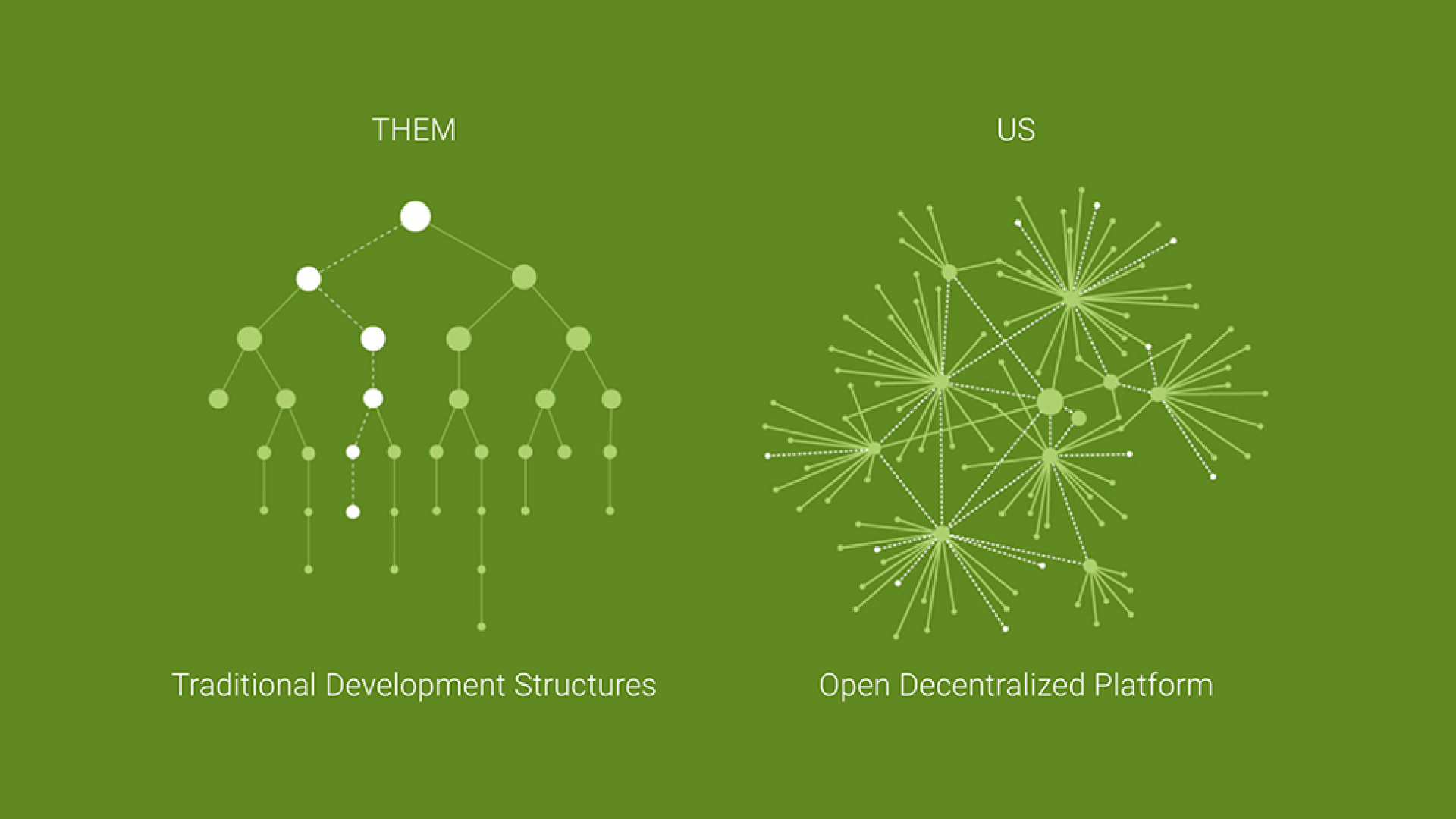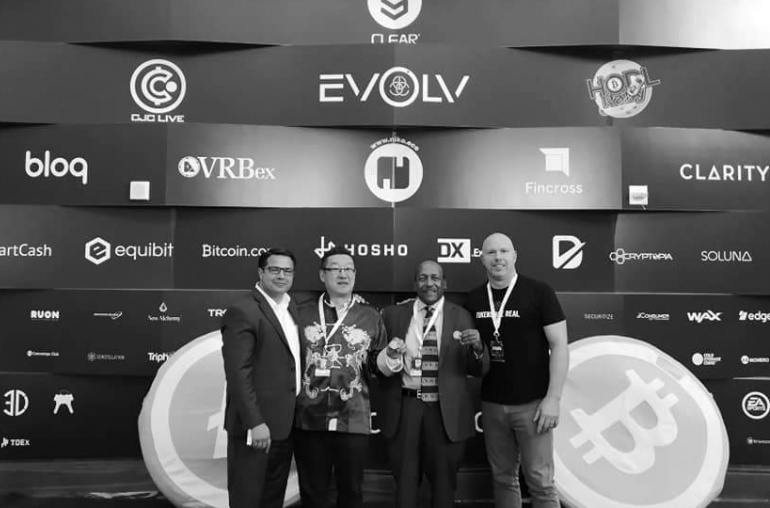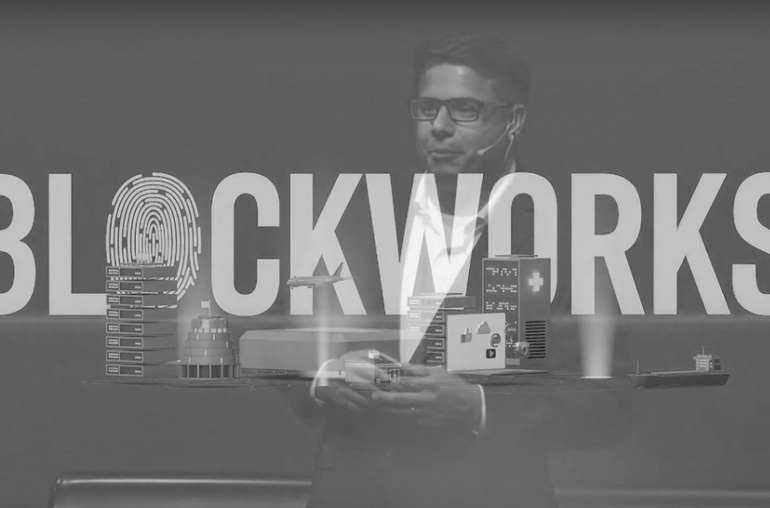Henry Ford revolutionized production by creating assembly lines. Open source is revolutionizing development by allowing a kind of free-market of ideas to contribute to in-house innovation.
For years we have thought of the creation process as individual and have taken great pains to protect the offspring of our creativity. We own it. We should control it. And we should get paid for it. Software is now mature enough to have myriad contributors. Vendors continue to be important, but turning to a community of developers is now widely accepted by businesses who are discovering the advantages. This from a recent article in Deloitte Insights: “…the ever-expanding palette of vendor solutions on the market today remains an indispensable resource for enterprise-scale digital transformation. But there are compelling reasons to explore OSS’s possibilities as well. For example, OSS in emerging technology domains often includes work contributed by highly creative developers with hard-to-find expertise. By exploring OSS projects for artificial intelligence (AI), blockchain, or other trending technologies, companies that lack in-house experts can better understand what the future holds for these disruptive tools.”
Hoarding talent is no way to ensure viability. The best talent won’t stay, and there is no way a single company can afford to keep all the best talent. Drawing on communities of developers with expertise in specific skills does more than solve issues and create innovative solutions, it also charges up in-house teams who thrive on working with cutting edge developers.
In the 1980s, Ray Noorda (sure miss him), founder of Novell, used to use the term “Co-opetition” as a way of describing how technology companies should work together to lift the entire industry. Now that technology is ubiquitous, the concept of collaboration and competition coming together applies nicely to software that is capable of solving some of the world’s greatest problems.
Open Source dramatically increases the development process while keeping the costs low. Developer and OSS advocate Eric S. Raymond said: “Given enough eyeballs, all bugs are shallow. Given a large enough beta-tester and codeveloper base, almost every problem will be discovered quickly, and the fix obvious to someone.”
At Clear, we have always believed in open source development, it is why ClearOS Server was developed so rapidly, and why ClearOS Mobile was developed even faster. The culture of our company is to provide the most secure products possible to individuals so they can control their digital lives. This is in part a movement to decentralization, and an embrace of open source technologies that take advantage of rapid development. But we also understand the prudence of making sure we are building on the best core structures (such as RedHat/IBM and Android/Google) and not chasing shiny objects down every related fork.
Open source is the future. It is the process of having access to the very best thinking. And the process itself is exponential. Once you have a reputation for building with open source, you draw talent to you. We’re excited about the products we are getting ready to launch, and amazed at the talent that is seeking us out, the people who believe as we do, and who want to make a difference in the world. Grateful to be a part of this open movement and time on Earth.
Check out our products at www.clear.store





